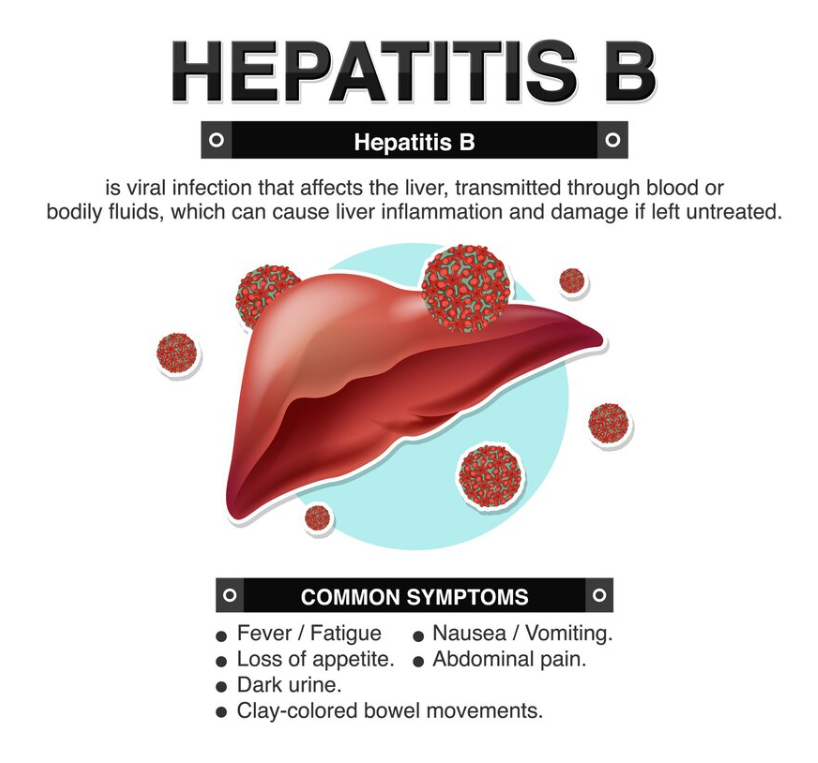
What is Hepatitis B: Understanding the Basics
I
ntroduction: Hepatitis B is a liver infection caused by the Hepatitis B virus (HBV). The virus can lead to serious health issues, but you can protect yourself. Let’s break down the basics of Hepatitis B.
What is Hepatitis B?
Hepatitis B happens when the Hepatitis B virus (HBV) attacks the liver. This virus can cause both short-term and long-term problems.
If the infection lasts a few weeks, we call it acute Hepatitis B. If it lasts for months or years, it becomes chronic.
How Does Hepatitis B Spread?
You can spread Hepatitis B through contact with infected body fluids, such as blood, semen, or vaginal fluids. The virus passes through unprotected sex, sharing needles, or from a mother to her baby during childbirth.
Symptoms of Hepatitis B
Many people with Hepatitis B don’t show symptoms. However, some may feel tired, nauseous, or notice a yellowish tint in their skin or eyes (jaundice). They may also experience dark urine or abdominal pain.
How Do Doctors Diagnose and Treat Hepatitis B?
Doctors diagnose Hepatitis B with blood tests. If you have the virus, your doctor will focus on managing symptoms and protecting your liver from further damage. In some cases, they may prescribe antiviral medicines to control the virus.
How Can You Prevent Hepatitis B?
The best way to prevent Hepatitis B is to get vaccinated. The vaccine is safe and effective. You can also reduce your risk by practicing safe sex, avoiding shared needles, and getting tested if you are at risk.
Conclusion
Hepatitis B is a serious condition, but you can prevent it. By getting vaccinated, practicing safe behaviors, and seeking regular testing, you can protect yourself and others from this liver disease.
To seek medical advice, always consult a Doctor.
Here are our recommended experts. Click here
To read more on Respiratory disease . Click Here


